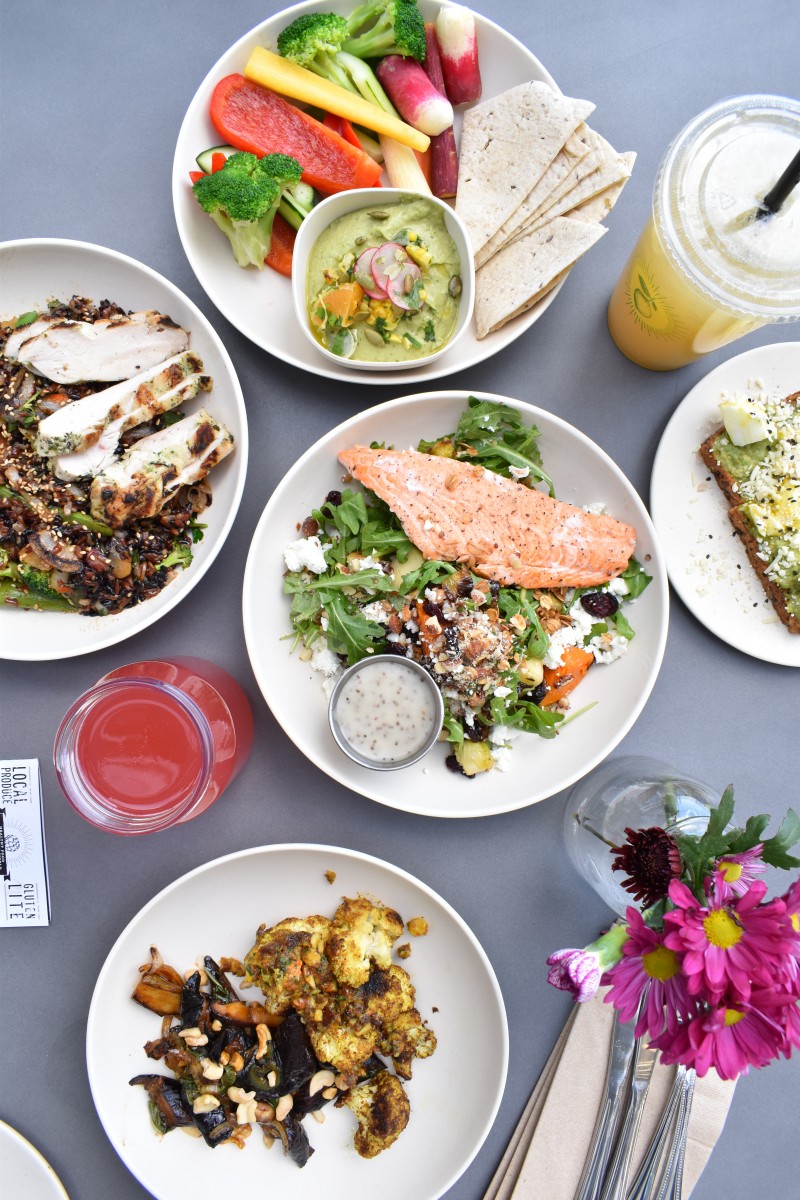Michael Naylor: A Quick Lesson in Protein
Michael Naylor, Performance Nutritionist – England Rugby, Head of Nutrition for Team GB at the Rio 2016 Olympics, Premier League, and International Football.
Of all of the macronutrients, protein is the one that constantly seems to be in the forefront of the minds of the sporting community. Although all other macronutrients are just as important, those who require increased muscle mass or a speedy recovery from sport will put more emphasis on protein in the diet.
Why is protein important?
Primarily, protein helps the body recover from exercise and sport by repairing muscle fibres. Every pro rugby and football player, for example, will be aiming to consume enough protein to optimize recovery after a game and during training.
Sources of protein
Athletes get their protein from many different sources, both plant and animal. Animal sources include fish, chicken, turkey, beef, yoghurt, and cheese whilst plant sources include beans, nuts, nut butter, tofu, and quinoa.
When I worked with England Rugby, we would often have more red meat options at the start of the week during training. And fish and chicken would feature closer to games. The players found it easier to digest and felt better on the pitch because of it. Salmon is often a favourite with our chefs, and they have created some amazing dishes from marinated grilled salmon fillets to salmon lasagne.
At the Rio Olympics, we had a private performance base for Team GB with a catering team who would provide a menu based on the performance needs of athletes with a live cooking station, offering the options of steak and salmon most days.
When should you eat protein?
A lot of research has been done around protein, looking specifically at the optimal time for it to be consumed. Findings have shown that most athletes will aim to consume protein as part of each meal to promote optimal recovery and growth. This will usually involve consuming 20-40g of protein (the equivalent to a medium to large chicken breast) amongst 4-7 feeds per day.
The exact period of time after exercise during which it would be beneficial to consume protein is not known. The growth effect of exercise is long-lasting but will diminish over time so consuming protein at this point is probably key.
Immediately after training some athletes use protein shakes for convenience, but they often provide little or no advantage over real food sources. As nutritionists, we lead with a food first approach. So we would encourage athletes to eat wraps or rice dishes with either chicken or fish after any training session.
Total amount of protein
For the maintenance and building of muscle mass, most athletes will consume a higher overall daily protein intake (greater than the RDA, which currently stands at 0.8 g protein/kg body mass/per day) in the range of 1.4-2 g/kg/per day. For example, a 100kg rugby player is likely to consume 140-200g of protein per day. This is equivalent to around 5 salmon fillets or chicken breasts a day.
But unless this is your goal, stick to the recommended guideline!

